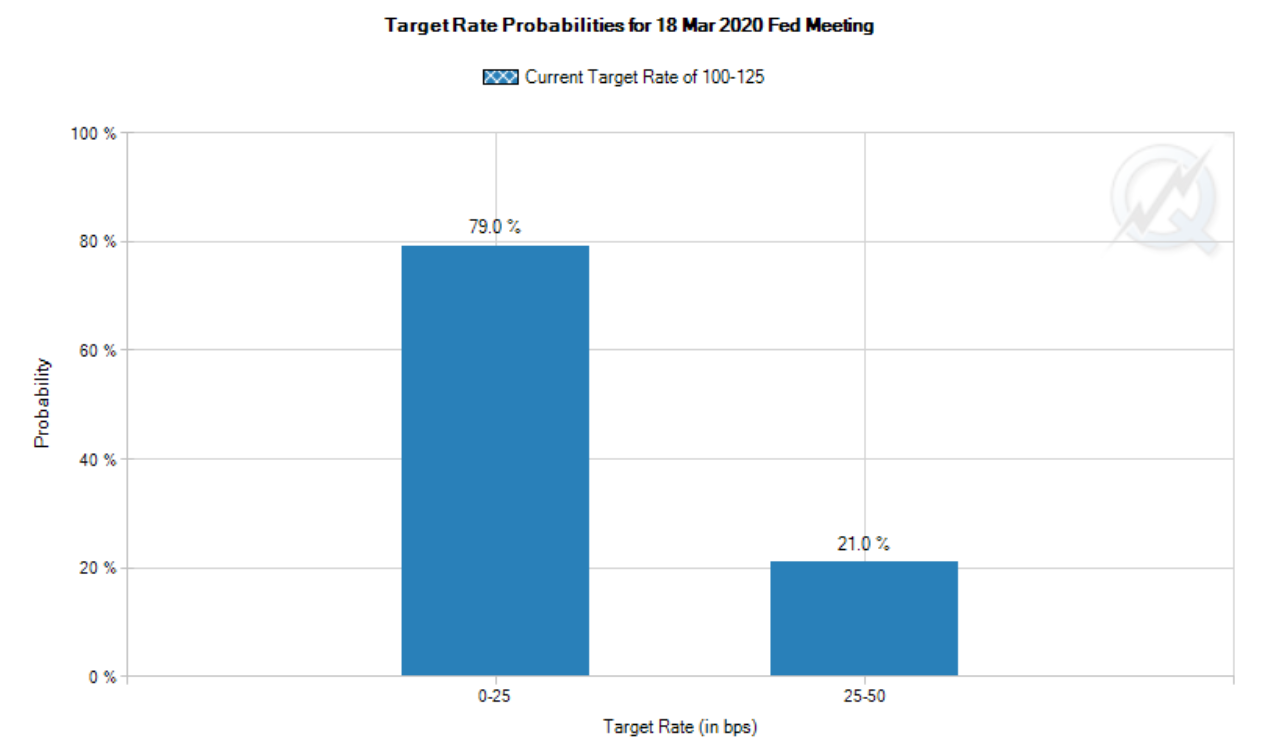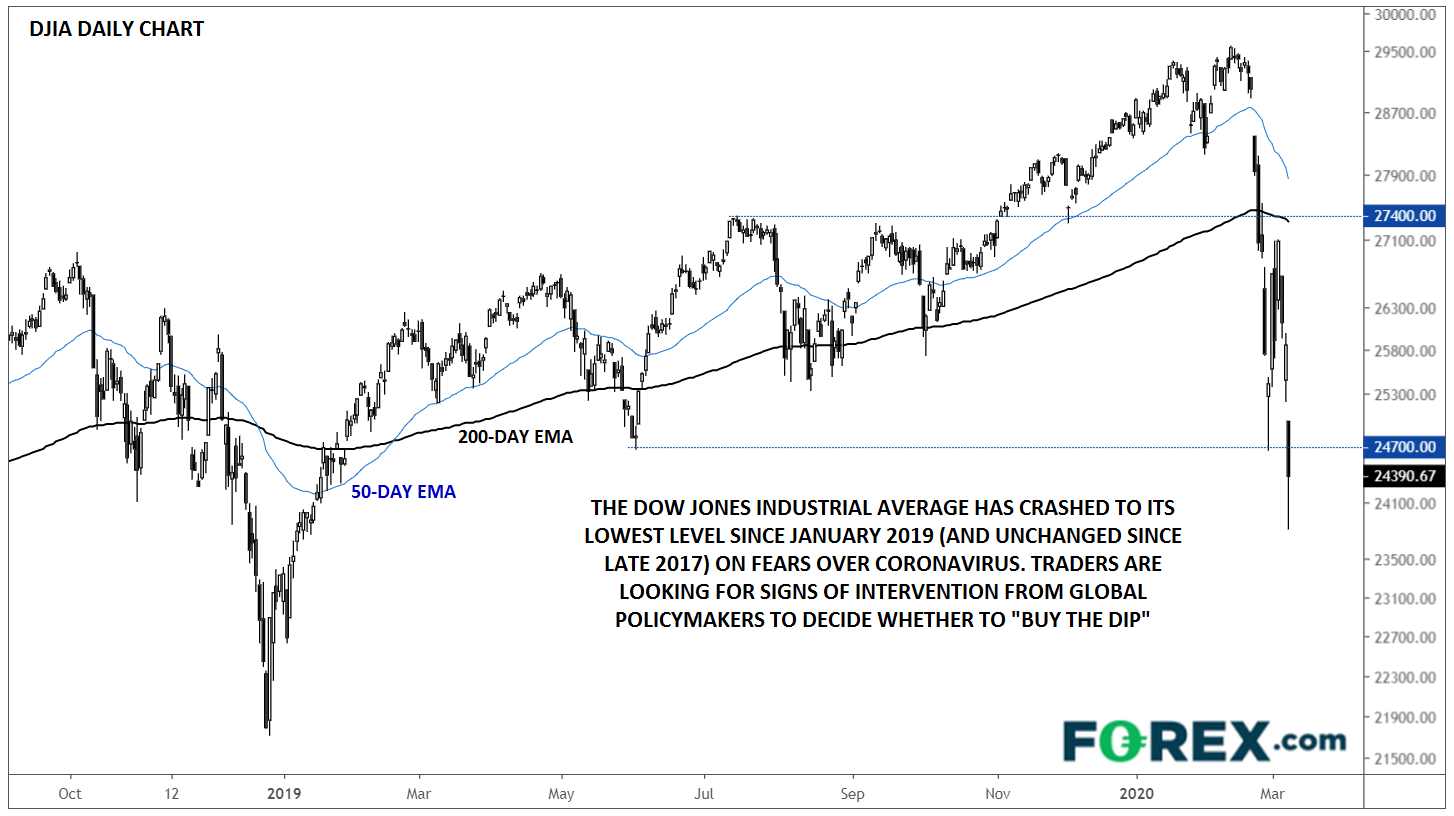"Widespread fear is your friend as an investor because it serves up bargain purchases."
"Whether we're talking about socks or stocks, I like buying quality merchandise when it is marked down."
"We simply attempt to be fearful when others are greedy and to be greedy only when others are fearful."
"The best chance to deploy capital is when things are going down."
“A climate of fear is [investors’] best friend.”
"Opportunities come infrequently. When it rains gold, put out the bucket, not the thimble."
"Most people get interested in stocks when everyone else is. The time to get interested is when no one else is. You can't buy what is popular and do well."
Above is just a smattering of wisdom from arguably the world’s greatest investor, Warren Buffett, about buying stocks when they go “on sale.” Less august officials including economic advisor Larry Kudlow and even President Trump’s own son have similarly endorsed “buying the dip” amidst the current coronavirus-driven market swoon.
That begs the question: Should traders be buying equities hand-over-fist here, or is this merely the start of a deeper drop? The answer, as ever, is complicated, and ironically, may depend heavily on actions from global policymakers like Kudlow himself.
While rational minds can disagree about the extent to which COVID-19 will impact the health of the general public, the economic cost is becoming increasingly clear. For a global economy that was only expected to grow around 3% before coronavirus burst onto the scene, the risk of the global economy tipping into at least a brief recession is growing as individuals across the globe opt to take one less weekend trip or skip going out to the movies once a month. Of course, the biggest risk for the global economy is that falling spending begets more belt-tightening in a vicious circle that leads to a deep contraction in the global economy.
In other words, this is exactly the time for policymakers to act. Unlike individuals and businesses, governments and central banks don’t have to optimize short-term cashflows or cut spending at the same time as others. In fact, such institutions can and should act in a completely counter-cyclical manner to stabilize markets and the economy. The answer to whether traders should “buy the dip” any time soon will depend on how well global policymakers do at that task over the next week or two.
In terms of scheduled events, traders will be looking at the following releases to gauge the potential policy response:
- Wednesday, 11 March: UK budget release (rumors of coordination with the Bank of England)
- Thursday, 12 March: European Central Bank monetary policy meeting
- Wednesday, 18 March: Federal Reserve monetary policy meeting
Of course, the speed of the market movements may provoke earlier interventions. This afternoon, President Trump will meet with his economic team to discuss fiscal stimulus measures to boost the economy, including expanding paid sick leave and deferring tax payments for some businesses. Meanwhile, we don’t have to look beyond last week to see an example of the Federal Reserve issuing an unscheduled interest rate cut; with markets pricing in an 80% chance of the Fed cutting interest rates all the way to 0% by the end of next week (!), we could see an announcement in that vein any moment:

Make no mistake: the fundamental news around coronavirus is likely to get worse, day by day, for the foreseeable future as new outbreaks are discovered and more tests are administered. For now, fears of a “vicious cycle” of declining spending are keeping a lid on any bounces in major stock market indices. However, a strong, coordinated, reassuring response from global monetary and (especially) fiscal policymakers may be the sign traders need to see for equity markets to form a bottom even if the virus’s human cost continues to grow. In the current environment, bullish traders may remain on the sidelines until we see a convincing intervention from policymakers.

